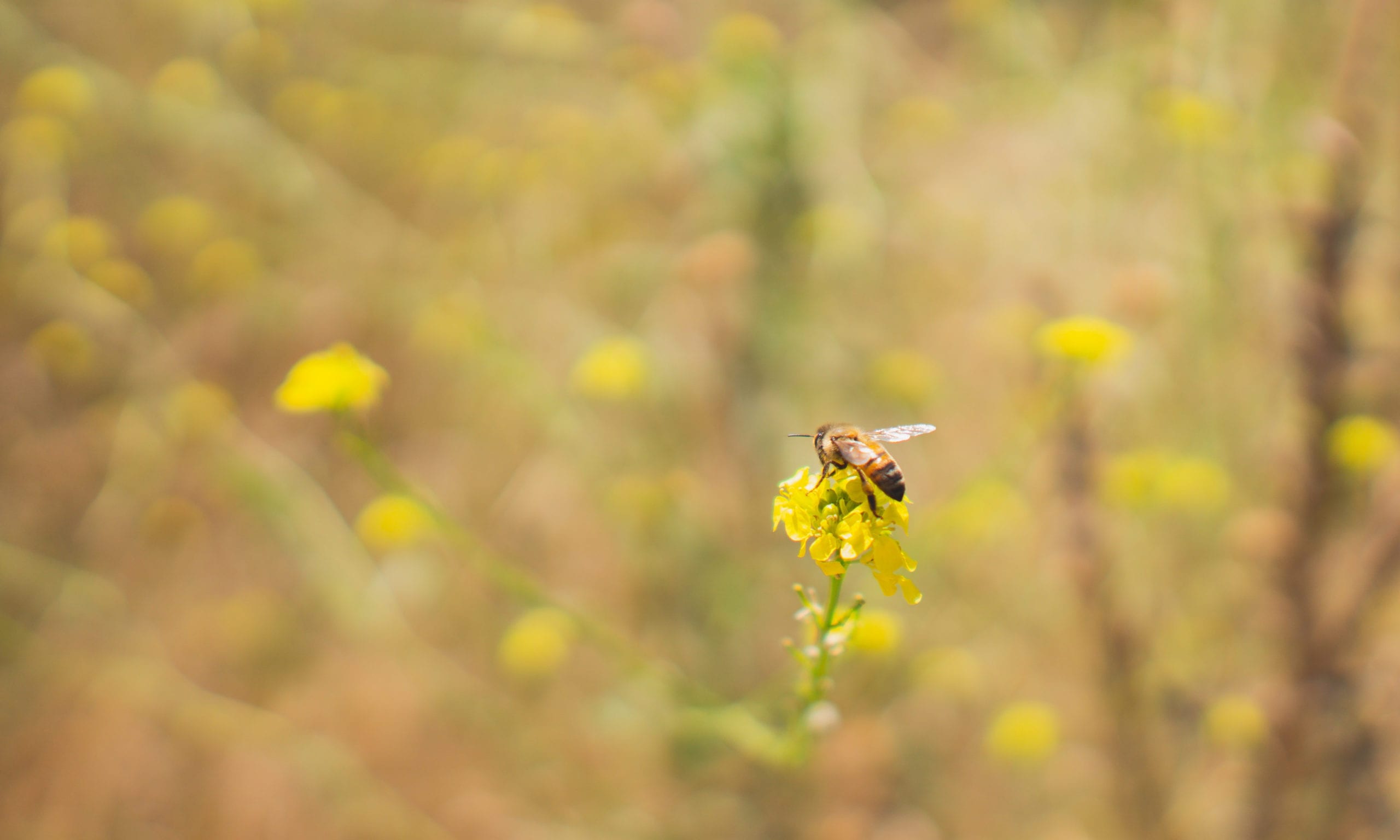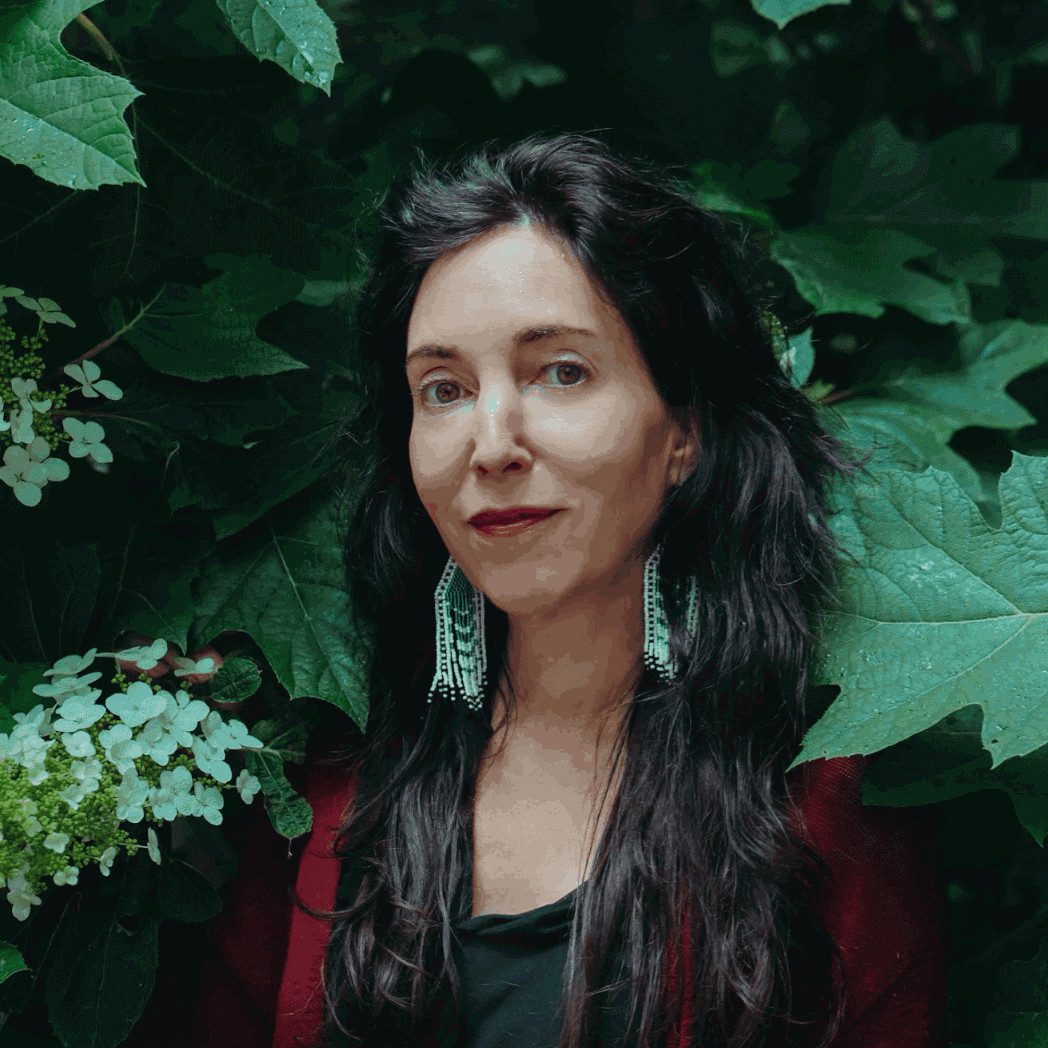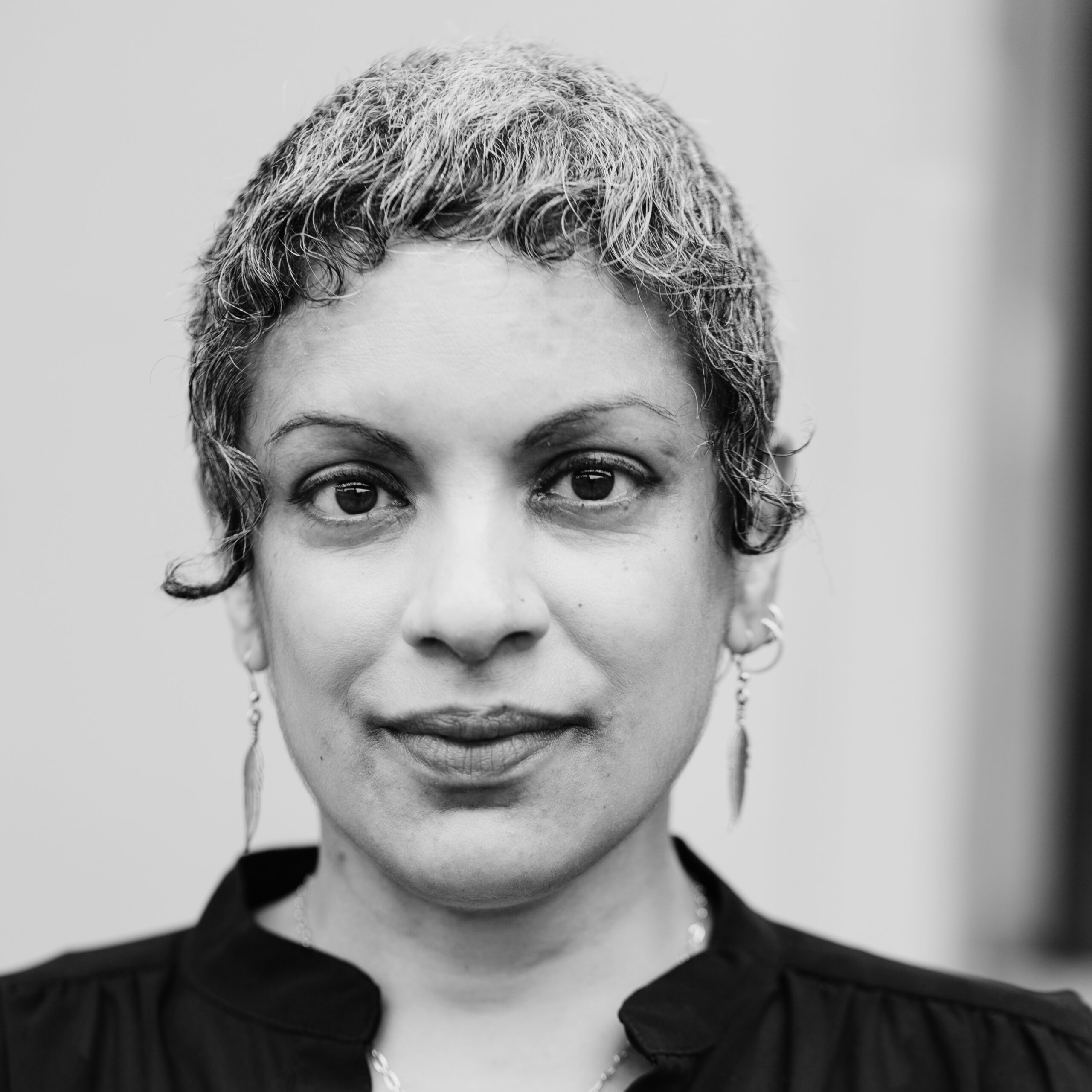“Historic” wildfires and floods, record-breaking heat waves, escalating species loss as well as rising authoritarianism and ongoing racial injustice represent problems so large that they can easily overwhelm us. How can we respond to these challenges, especially when it feels like attending to one means ignoring all the rest? Lacking a clear way forward, grief, fear, and even self-aversion can linger in our systems, increasing our angst. We might feel trapped in a spiral of mounting stress.
But there are remedies at hand. By drawing on Buddhist insights, the perspectives of environmental science, and interfaith wisdom, we can begin to untangle the knots. The possibilities are endless, and collective response rooted in wisdom and compassion is already underway. With the support of community, we can turn toward the suffering of the Earth and work skillfully with what is most difficult for us.
In this EcoDharma Exploration, environmental scientist and Tibetan Buddhist Dekila Chungyalpa led the Sangha in investigating and finding courage in our interdependence.
Exploration Resources
Preliminary Reading
To begin your investigation of our radical belonging, we invite you read to this article from Dekila on interdependence:
At the Center of All Things is Interdependence
Guided Meditation
In this guided meditation, our exploration leader Dekila Chungyalpa leads us in the practice of tonglen, or “sending out and taking in”. With a foundation of gratitude, she invites us to take in the pain of environmental destruction and send out compassionate, empowered well-being. This radical practice holds a deep lesson: our hearts not only have the capacity to handle suffering, they can, in collaboration with the breath, become a source of resilience.
Dharma Offerings
In video below, Dekila Chungyalpa traces the roots of our ecological crises, explores the promise of interfaith response, and shares powerful guiding principles from nature that can help us hold our eco-anxiety and inspire effective action.
In this follow-up conversation, Kristin and Dekila discuss obstacles to wholesome and engaged response — and their antidotes.
Contemplations
Whether in silent meditation, journaling, or out loud in dyads, triads or council practice, here are some questions to work with. Explore as many as you like among those that feel especially potent.
- How do you experience the truth of interdependence: what conditions / circumstances support this understanding, what is the impact on your body, heart, and mind? If you want to go further, what hinders the knowing of interdependence?
- Dekila points to three principles of nature that inform her work: diversity, decentralization, and the wonder of belonging. How do these principles resonate with you? What other inspiration, if any, do you draw from nature?
- In what ways do you see neoliberalism and environmental injustice affecting your local environment and community? What would it be like to reflect on these systemic harms without blaming self or other? How might that impact our individual or collective response?
- What arises as you reflect on the view of Earth as a closed system, to know that, for the most part, nothing enters and nothing leaves?
- What obstacles to ecological action do you feel, on an individual or collective level? How do you experience this sense of inhibited agency in your being (body, heart, mind)? Might you have a friendly conversation with these blocks?
- Can you imagine the obstacles to action dissolving? What does it feel like now, to be free to engage? What happens with your heart, mind, and body?
Ideas for Your Practice
Here are a few ways that you might engage with these contemplation questions.
- If you are approaching the questions as an individual:
- Simply read the following questions, one at a time. Pause and sense what is arising for you. If it feels right for you, close your eyes and feel into the felt-sense that arises in your body as a response to each question. Take your time; no rush. Contemplate what arises.
- You may then want to journal about each response or the process as a whole, whatever you’d prefer.
- You could also open the voice memo app on your smartphone and speak your response for a few minutes into the phone. (Delete the memo when you’re finished, if you’d like! It’s about the process, not the product.)
- If you are approaching the questions with a partner or in a group:
- Get into pairs.
- Read one of the questions aloud. Both partners can pause and sense what is arising. If it feels right for you, close your eyes and feel into the felt-sense that arises in your body as a response to each question. Take your time; no rush. Contemplate what arises.
- Then one partner speaks openly and honestly, from the heart, as a response to each question for about 5 minutes.
- The other partner just listens receptively. There is no need to “help” or “encourage” your partner, simply listen and be there.
- Then, switch roles. The partner who listened now contemplates the same question, pauses, and then speaks a response for about 5 minutes.
- Move through all or some of the questions in this pattern.
- Then, when the group decides, return to a whole and hear from each other about the experience. Notice difference as well as shared themes.










